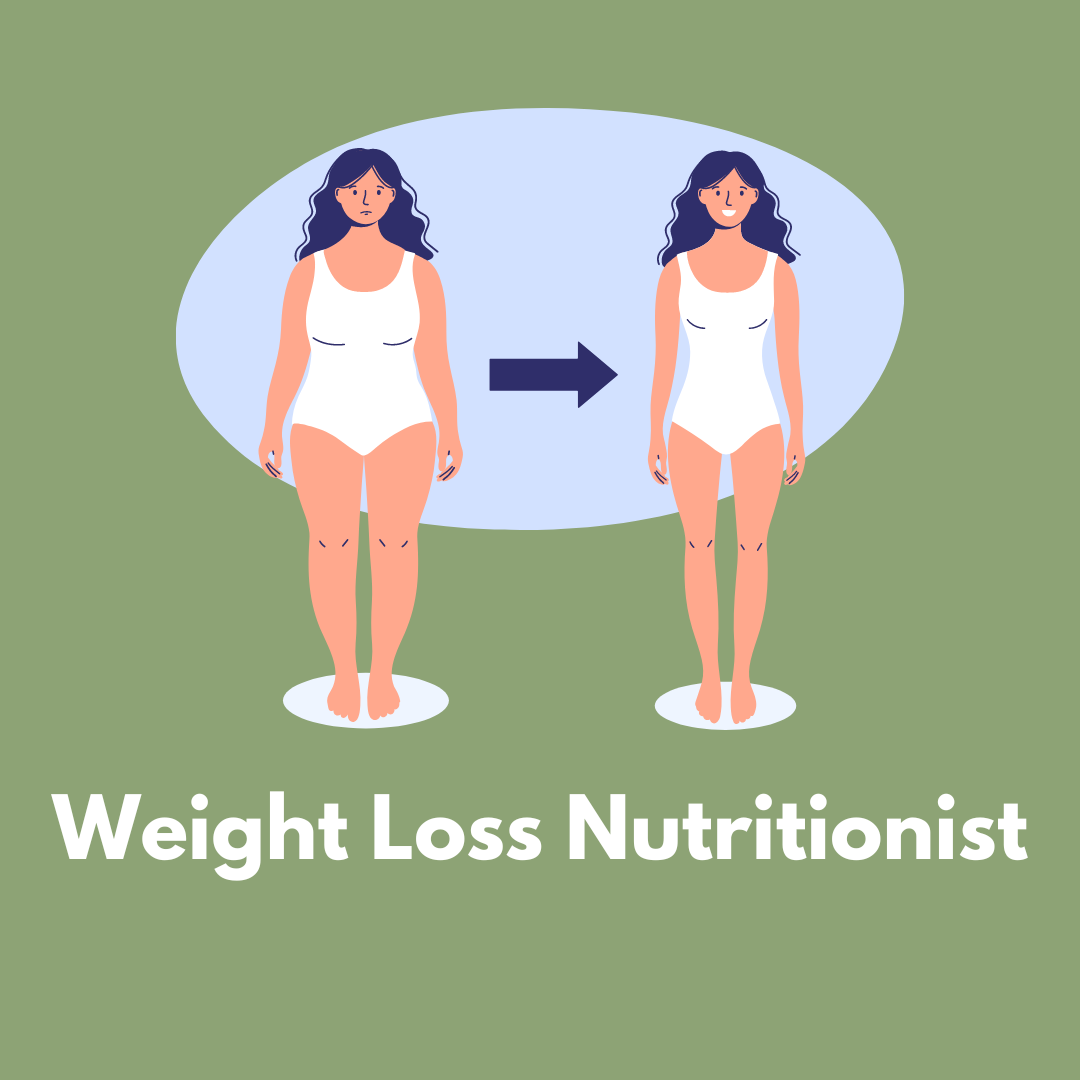Brain food: 10 healthy ways for kids to eat well during their exams
Every child’s academic journey faces many obstacles with school exams as a major part of it. Such periodic assessments bring a lot of pressure on kids as well as their guardian. When more stress is given on academic success, then expectations and fears elevate. As a parent, we must make sure our kids get their daily nutriment to cope up with such stressful periods. In the end, healthy kids are more efficient and productive in learning. Here are 10 ways to make sure your little ones are fed well during and beyond their exam week.
Breakfast: a necessary start of the day
It is proven fact that kids who have a well balanced nutritious breakfast are far more productive, are able to concentrate more, better scorer in maths and more composed.1. Breakfast enhance your child’s capability to learn more. Set up handy breakfast menus that include grain foods and proteins such as buns or oatmeal with milk. If your little one is too stressed to have breakfast, serve up a glass of ready-to-eat cereal mix with milk. Include hearty mains for lunch and dinner.
Despite the boisterous schedule, kids require enough nourishment to continue their deeds of the day. Pack healthy meals for your little student for lunch at school. Dinner is a warm and relaxing family meal that helps to maintain a balanced diet. Moreover, it allows for supportive family interaction. Nourishing, hearty mains will help your child take a break from the learning and well-fed tummy with nutrients are a necessary support for their rapid growth and development.
Stimulate with healthy snacks
Kids have small tummies but require ample nutrients. Nourishing snacks can include assembling of a sandwich, a bowl of noodles, fruits with a glass of milk.
Push for protein power
The special chemicals that help the neurones conversate are build-up of proteins. To drive those neurons, segments of wholesome proteins will help in attaining your child’s body with the amino acid. Competent protein alternatives include eggs, milk, beans and lean milk.
Healthy food, fruits and milk provide many important carbs for the neurons to tackle the exam pressure. An infant’s brain is one-fourth the size of an adult. It grows about 80 per cent by the age of three and 90 by five. High levels of polyunsaturated omega 3 and omega 6 fats are needed for a child’s growth. Vitamins should be present in the food they eat for the overall development of the child. Prefer those products which label to give more vitamins than others.
A child requires few minerals to stay healthy. These minerals are potassium, calcium, magnesium, phosphorus, irons etc. All the minerals are helpful to a child in many ways and sometimes they are important for the functioning of the other. Research shows that the unavailability of these minerals has affected the child both mentally and physically.
Fibers keep the bowels stable. The prebiotic fibres ensure that the good bacteria reach the large intestine of the child and keep the bad bacteria away. Your child’s immune system is also prepared dues to these fibres. Eating meals on time and a healthy diet can prevent your child from stress and can keep them relaxed. A child should enjoy their meal so that their focus stays on their studies. A healthy diet will help the child in keeping a balanced weight throughout their life.


